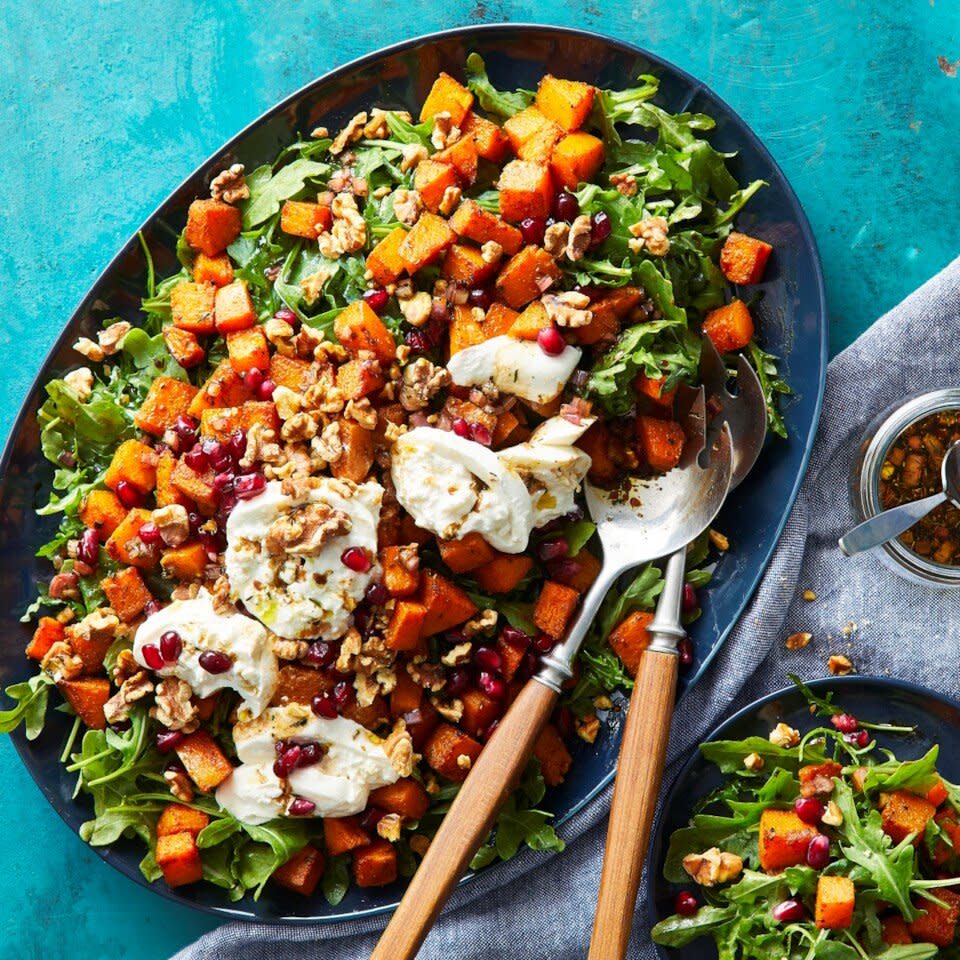These 3 Things Can Help Lower Your High Blood Pressure—Even When Medicine Isn't Helping

High blood pressure affects nearly half of American adults, and it has a big impact on your heart health. According to the Centers for Disease Control (CDC), unmanaged high blood pressure can take a toll on your heart, brain, kidneys and eyes over time. While many people with hypertension are able to reduce their blood pressure with medicine prescribed by their doctor, there are still some whose high blood pressure is resistant to treatment.
The American Heart Association describes resistant hypertension as high blood pressure that can't be managed with a diuretic and at least two other high blood pressure medications.The organization estimates that 20-30% of people with high blood pressure have resistant hypertension that doesn't respond positively to medication. Here's the good news: a recent study has shown that there are three pretty affordable lifestyle changes that can help improve resistant hypertension: healthy eating, aerobic exercise and weight loss.
The study, which was published in the American Heart Association's journal Circulation this week, is the first to look specifically at the impact of lifestyle changes in patients with resistant hypertension. Researchers studied 140 people with an average age of 63, all of whom had a blood pressure of 130/80 mm Hg or higher despite regularly taking a diuretic and two other medications. The participants were split into two groups: one that received one-time guidance on eating healthier and exercising more at the start, and a second group that received weekly dietary and exercise advice. Both groups saw improvement in their systolic blood pressure (that's the number on top of the fraction).
Related: Just Got Diagnosed with High Blood Pressure? Here's What to Do First, According to Research
Systolic blood pressure represents the pressure exerted against artery walls as your heart beats, and the American Heart Association says it's "recognized as a major risk factor for cardiovascular disease for adults ages 50 and older." The group of participants with weekly health guidance saw a 12-point decrease in their systolic blood pressure over the four months, and the group that received one-time advice also saw a 7-point decrease—which is pretty good news for folks who can't head to a four-month wellness retreat ASAP.
"The most important point is that it is not too late to lower blood pressure by making healthy lifestyle choices," the study's senior author, James A. Blumenthal, Ph.D., said. "Adopting a healthy lifestyle pays huge dividends, even for people whose blood pressure remains elevated despite being on three or more antihypertensive medications."
The healthy diet that the participants followed was the DASH diet—or the Dietary Approaches to Stop Hypertension diet. The DASH eating pattern lays out how many servings of the major food groups—like grains, fruits and vegetables—you should eat each day. It also limits sodium intake to 2,300 milligrams per day and sets limits on how many servings of added sugar you should eat each week. The DASH diet, like the Mediterranean diet, is sustainable and easy to follow because it focuses on balancing your eating pattern rather than cutting out entire food groups. Plus, the DASH diet doesn't limit your calorie intake, so you can still shape the diet to fit your lifestyle.
Related: 7-Day DASH Diet Meal Plan
When it comes to getting in some aerobic exercise, it can be easier than you think to ease into an exercise routine. The study participants with weekly guidance exercised for 30 to 45 minutes each day, getting their heart rate up by 70 to 80%—but that doesn't mean you can't start small if you want. Walking, biking and swimming are all cardio exercises that one Harvard medical professor says are among the healthiest ways to stay active, while group recreation like dancing and hiking are among the best activities for losing weight.

